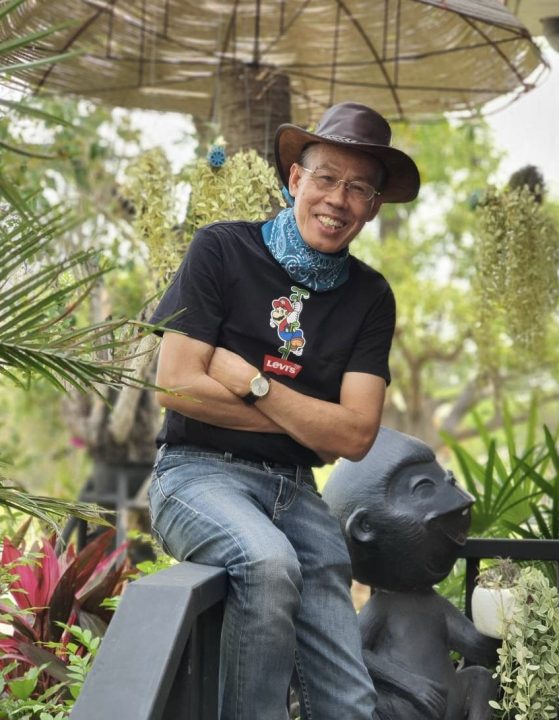Staff Page
Lertcharnrit, Thanik

- Research Departments・Position
- Cross-regional Studies
Visiting Research Scholar - Area
- Archaeology, Prehistory in Thailand and Southeast Asia, Cultural Heritage Management, Human Evolution, Ancient World Civilizations
- Research Interests / Keywords
- Public Interpretation of Heritage, Heritage Tourism, Prehistoric Trade and Exchange, Settlement Pattern Analysis, Ceramic Analysis
- Contact
- thanik@su.ac.th
Lertcharnrit, Thanik
Overview
Public Interpretation of Cultural Heritage in Thailand: A Case Study of the Bangkok National Museum in Central Thailand and the Ancient Town of Non Muang, Khon Kaen, Northeast Thailand
Although Thailand is rich in cultural heritage, public interpretation of such resources at heritage sites (such as museums, historical and national parks, ancient monument complexes, and historic towns) has received relatively little academic or research attention. Increased public interpretation of cultural heritage promotes better understanding, appreciation, and protection of heritage. To further this aim, my study will examine how cultural heritage is interpreted and presented in two important government-run locations, namely the National Museum in Bangkok, which is a nationally and internationally renowned public heritage site, and the ancient town of Non Muang, an archaeological site in Khon Kaen Province, Northeast Thailand. My research focuses on exhibition designs as well as methods of communication and interpretation. This includes the language, text, and content of the displays and signs at the sites as well as accessibility to the sites. The post-pandemic return of local, national, and international tourists offers unique opportunities to re-assess the effectiveness of cultural heritage communications in the country. It is hoped that this research will significantly contribute to the better management and public presentation of cultural heritage, particularly archaeological resources, in Thailand, which consequently can lead to its increased appreciation and sustainable protection. Results of this research will not only provide direct benefit to museum curators and heritage practitioners, but also stimulate public visitation to museums and heritage sites across Thailand.
